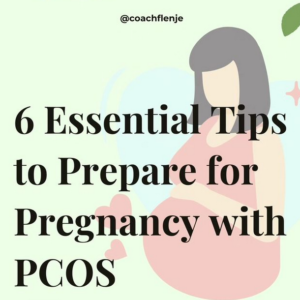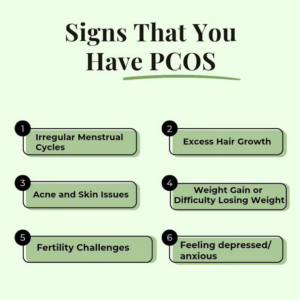
Why Sleep is Vital for Achieving Pregnancy
If you’re trying to conceive naturally, quality sleep is crucial for supporting your fertility and overall health. Sleep impacts every aspect of your body, including your reproductive system. As a fertility coach, I see sleep as one of the top pillars of health, alongside nutrition and movement. Without it, your body can’t fully restore itself, making conception more difficult.
Here’s why sleep is so important for fertility:
🌿 Supports Hormonal Balance: Poor sleep disrupts hormone levels, including those that regulate ovulation. Regular, restful sleep helps maintain healthy hormone levels for a well-functioning reproductive system.
🌿 Improves Egg Health & Ovulation: Sleep helps your body repair and regenerate, promoting better egg quality and a well-timed ovulatory cycle.
🌿 Enhances Immune System: Sleep boosts your immune system, ensuring your body is in peak condition to support conception and pregnancy.
🌿 Reduces Stress & Inflammation: Lack of sleep raises stress hormones like cortisol, which can throw off your menstrual cycle and fertility. Consistent sleep reduces inflammation and promotes emotional well-being, both essential for conception.
🌿 Helps with Weight Management: Research shows that lack of sleep can lead to weight gain, which can negatively affect fertility. Sleep regulates metabolism and hunger hormones, helping you maintain a healthy weight for conception.
💤 Quality Sleep Strategies for Fertility:
- Avoid heavy meals and deep discussions before bed to allow your body and mind to wind down.
- Go to bed and wake up at the same time every day, even on weekends.
- Create a calming bedtime ritual—herbal teas, reading, or taking a warm bath can help.
- Avoid non-sleep activities like watching TV in bed.
- Get daily exercise to help you fall asleep faster and sleep longer.
- Use blackout curtains and keep your room cool and quiet.
- Practice meditation and deep breathing exercises to quiet your mind before bed.
🌸 Are you ready to prioritize your health and improve your sleep for better fertility? Book a free strategy consult with me today and learn how we can work together to naturally optimize your health for conception! 🌿




